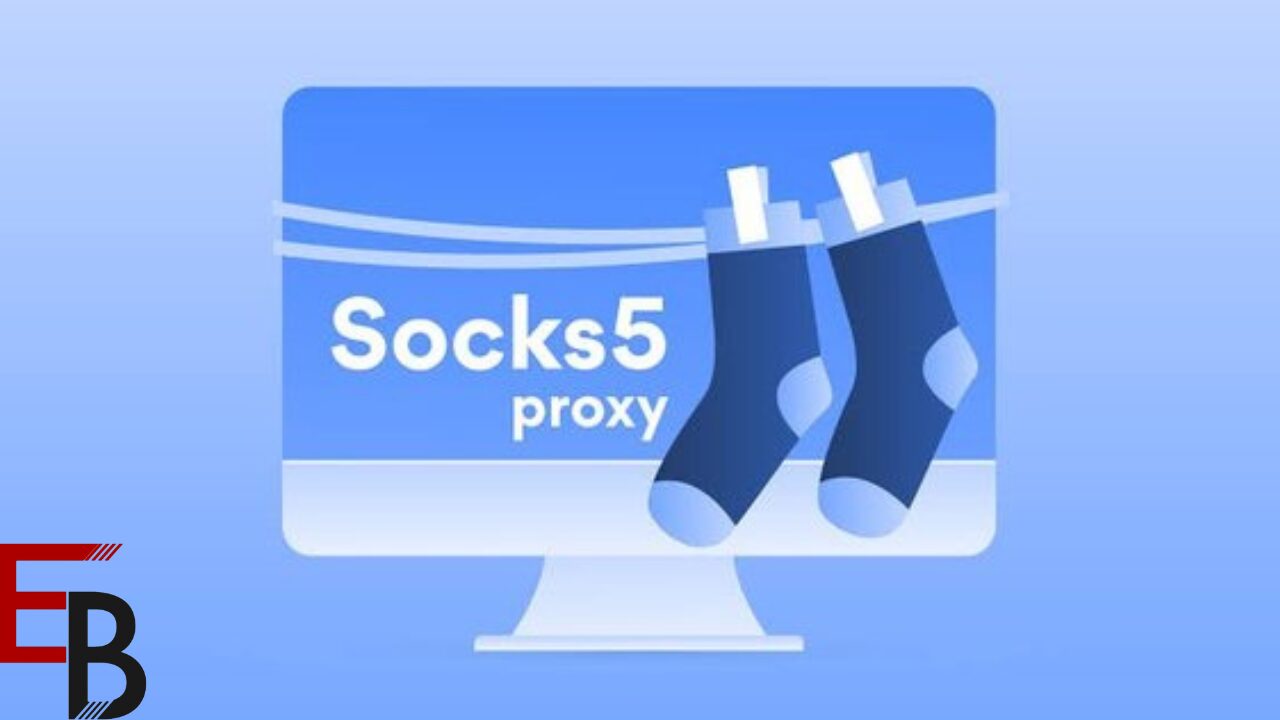Seamless Security: The Professional Edge of Residential SOCKS5 Proxies

Residential SOCKS5 proxies are a specialized intermediary that significantly improve online anonymity and market research efficiency. The name comprises three terms that refer to three separate functionalities, each deserving attention and explanation.
This article addresses the meaning and perks of residential SOCKS5 proxies, one concept at a time.
What are Proxies?
At the core of residential SOCKS5 proxies is a term that signifies its underlying mechanism: a proxy server. All types of proxies—residential, data center, or mobile—perform the exact role of an intermediary. In essence, proxies are servers that stand between devices and access to the internet, taking and forwarding traffic between the two.
This go-between aims to conceal the original IP address assigned to the user’s device. An IP address is a unique string of characters used to identify individual machines on the internet. In a sense, an IP address is like the address of a house—in both cases, the owner of the address prefers to keep it secret from unwanted advertisements or, worse, surveillance.
When a person connects to a proxy server before using the internet, their subsequent webpage and service visits will be made more private. Instead of identifying the user’s actual IP address, all pages index the proxy’s IP address. Proxy servers, connected to the internet, possess their IP address.
What are Residential Proxies?
Following up from proxy servers, the “residential” refers to categorizing proxy servers according to the origin of their IP address. Proxy servers are assigned IP addresses from data centers, Internet Service Providers (ISPs), or cellular networks.
Data centers
Are specialized facilities with robust network infrastructure that house proxy servers. Proxies hosted in data centers are usually referred to as “data center proxies”, and they are allocated IP addresses from a specific range that belongs to the data center.
Internet Service Providers
Distribute IP addresses to regular household devices, whether a computer, phone, laptop, TV, or anything else with a connection to the Internet. Most such devices can be specially set up to serve as proxy servers, serving other people’s devices. The “residential” in “residential proxies” thus stems from the proxies being tied to actual households with ISP-distributed IPs.
Cellular networks
Are tied to SIM-card reading devices, namely tablets, phones (along with computers with SIM-card readers). Similar to the previous category, the IP address is derived from an ISP, except that the internet sees the device as mobile. Thus, proxies set up on mobile devices have an ISP-allocated IP address that is perceived to be from an actual phone or tablet.
What is “SOCKS5” in Residential SOCKS5 Proxies?
The final piece in this puzzle is identifying the meaning of “SOCKS5”. In brief terms, SOCKS5 is a network protocol—much like an instruction on how the network connection should work.
On its own, SOCKS5 provides a way for a device to route its network traffic through a proxy server. This protocol enhances its predecessors, offering better performance, security, and features.
SOCKS5 proxies stand out because they can handle any traffic and protocol without restriction. Unlike other brokers that may only drive web traffic, SOCKS5 proxies are versatile. They can work with any network protocol, making them suitable for various applications ranging from web browsing to sending emails and gaming.
What are Residential SOCKS5 Proxies?
Combined, the three terms mean a deepened privacy solution that works by mediating the user’s traffic between their device and a household one under the SOCKS5 protocol. The user’s IP is subsequently masked and replaced with one also provided by an ISP. Additionally, because of SOCKS5’s unique features, the way they are authenticated can be set up in a custom manner.
What are the Benefits of Residential SOCKS5 Proxies?
With all the features in mind, residential SOCKS5 proxies are equally applicable in day-to-day tasks and resolving complex professional tasks. Let us go through the list of some of the key advantages they have:
Top-tier anonymity and privacy
Unlike data center proxies—easily distinguished by their unique data center IP ranges—residential proxies blend in with the rest of the internet traffic generated by real household devices. This lends the user peace of mind browsing the net in high-grade anonymity.
CAPTCHA & blocklist resistant
Flying under the radar also allows residential SOCKS5 proxies to avoid endless CAPTCHA requests and being banned by various websites and services.
Geographically unrestricted
Residential SOCKS5 proxies are a gateway to content locked to specific countries or regions. They can help unlock a geo-locked series from abroad, look for better prices, and bypass internet restrictions.
Key to multi-accounting
Some of the biggest social media platforms restrict the number of accounts that can be run by an individual from a single device. In tandem with an anti-detect browser, residential socks5 proxies empower social media managers to run several profiles from the comfort of a single device.
They are primed for market research
Residential socks5 proxies are a gateway for marketers who need to analyze campaigns across different markets. By connecting to other locations, a marketer can gather the necessary intelligence to make data-driven business decisions.
Conclusion
Residential socks5 proxies are multi-component, set to fulfill the needs of users bent on achieving some of the highest levels of online anonymity. These proxies are flexible in the setup of their authentication and can work with various types of internet traffic. They are ideal for personal use and gaining a professional advantage.
